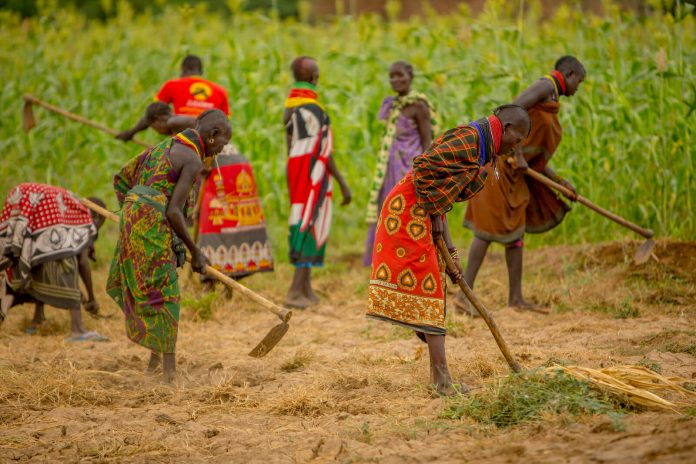“Your food is supposed to be your medicine and your medicine is supposed to be your food.”
“If you give bad food to your stomach, it drums for you to dance.”
These African proverbs underscore a simple yet critical fact: what we eat determines what our bodies become. The common saying “we are what we eat” is indeed not far from the truth. Whenever we fall sick, among the first areas of diagnosis is usually what we have ingested. In the same vein, among key aspects for patient recovery and improvement is food.
What are we really eating?
In sub-Saharan Africa, urbanisation is occurring at a rate of 3.6% – a rate that is almost double the world average. With these transitions comes an increase in food demand and a rise in urban farms and informal food traders. These are traders who are largely non-compliant with municipal licensing and regulation while the market they serve is significant. For example, up to 90% of the supply of leafy vegetables in some African cities is sourced from urban farms and supplied through informal traders.
This is critical to not only driving food security in urban Africa but also creating primary and supplemental income opportunities. In some cities, the economic return to urban farmers is estimated to be comparable to the income of unskilled construction workers and, in some cases, more lucrative. During dry seasons, in some cities, farmers using wastewater irrigation, which is free, can sell vegetables at above double the wet-season price. Urban agriculture incomes are also estimated to be up to 50% above minimum wage. Read more…



